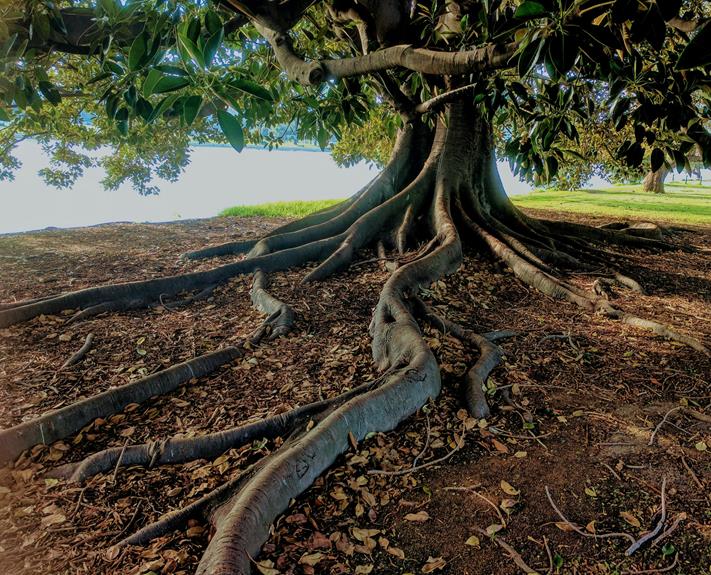
When deciding on soil for your garden, match it to your plants' needs for best results. Succulents like sandy soil, while tomatoes enjoy loamy soil with organic matter. Different types of plants, such as herbs or acid-loving ones, thrive in specific soil conditions. Assess drainage, pH levels, and nutrients to ensure healthy plant growth. Understanding these factors is key to garden success.
Soil Types for Different Plants
When selecting the right soil for your garden, consider the specific soil types that are best suited for the different plants you plan to grow. Each plant has unique needs when it comes to soil composition. For example, succulents thrive in well-draining sandy soils that prevent waterlogged conditions, while vegetables like tomatoes prefer loamy soil rich in organic matter for optimal growth.
Herbs such as rosemary and lavender do well in slightly alkaline soil, so make sure to check the pH levels of your soil before planting them. Acid-loving plants like blueberries and azaleas, on the other hand, require acidic soil to flourish. Understanding these specific requirements will help you choose the right soil type for each plant in your garden and ensure they thrive.
Understanding Soil Composition
To understand soil composition, consider the various components that make up the soil in your garden. Soil is made up of mineral particles, organic matter, water, and air. The mineral particles, such as sand, silt, and clay, determine the soil's texture. Sandy soil has larger particles and drains quickly but may not hold nutrients well. Clay soil has smaller particles and retains water and nutrients but can be slow to drain. Silt soil falls somewhere in between sandy and clay soils.
Organic matter in soil comes from decomposed plant and animal materials. It improves soil structure, provides nutrients to plants, and helps soil retain moisture. Water is essential for transporting nutrients to plant roots, and air in the soil is necessary for root respiration. Understanding the balance of these components in your soil can help you choose the right amendments to improve its quality for your garden plants.
Factors to Consider When Choosing Soil
Consider the specific needs of your garden plants when selecting the soil for optimal growth and health. The factors to consider when choosing soil include drainage, pH levels, and nutrient content.
Firstly, evaluate the drainage capability of the soil. Most plants prefer well-draining soil to prevent waterlogging, which can lead to root rot.
Secondly, check the pH levels of the soil. Different plants thrive in varying pH conditions, so it's essential to match the soil pH with your plant's requirements.
Lastly, assess the nutrient content of the soil. Nutrient-rich soil is crucial for healthy plant growth. Look for a balanced mix of essential nutrients like nitrogen, phosphorus, and potassium.
Understanding these factors will help you select the right soil type for your garden. By considering drainage, pH levels, and nutrient content, you can create an environment where your plants can flourish and thrive.
Testing and Amending Your Soil
Assessing and adjusting the composition of your soil is essential for optimizing your garden's potential. Before planting, conduct a soil test to determine its pH level and nutrient content. You can purchase DIY test kits or send samples to a lab for analysis. Based on the results, you may need to amend your soil to ensure it provides the necessary nutrients for your plants.
Common soil amendments include compost, manure, peat moss, and perlite. Compost enriches the soil with organic matter, improving its structure and water retention. Manure adds essential nutrients like nitrogen, phosphorus, and potassium. Peat moss aids in retaining moisture and improving aeration, while perlite enhances drainage.
When amending your soil, ensure you mix the amendments thoroughly to achieve a balanced composition. It's crucial to follow the recommended quantities to prevent over-fertilization, which can harm your plants. Regularly testing and amending your soil will create a healthy environment for your garden to thrive.




